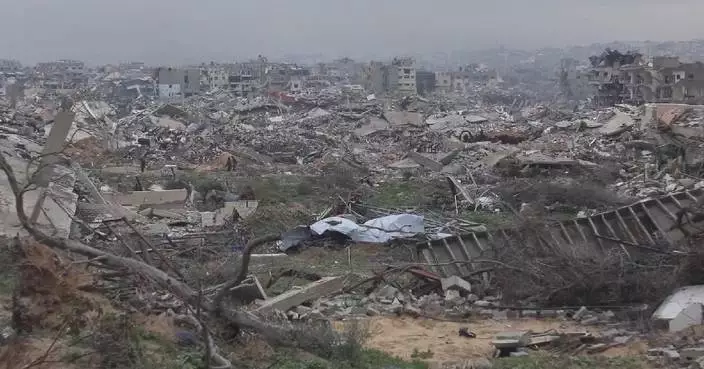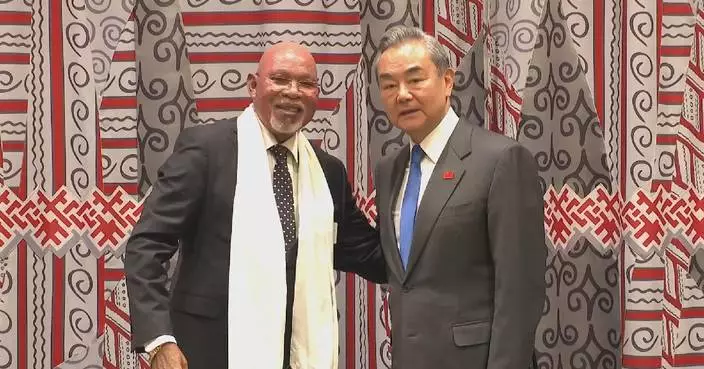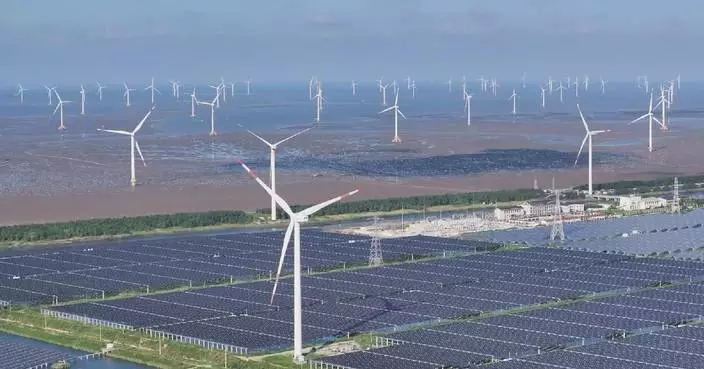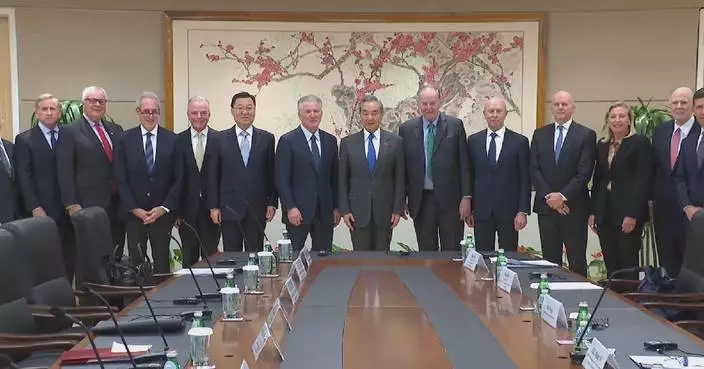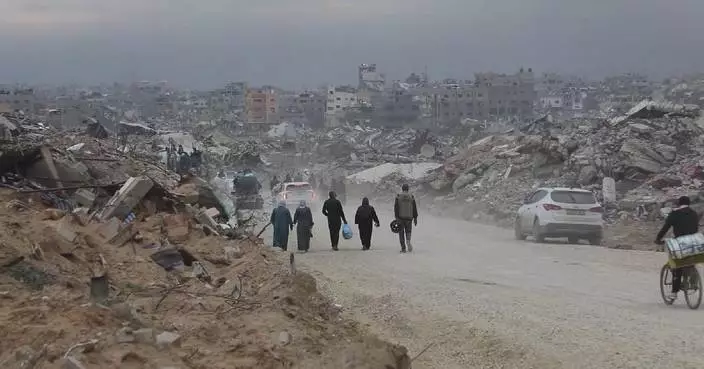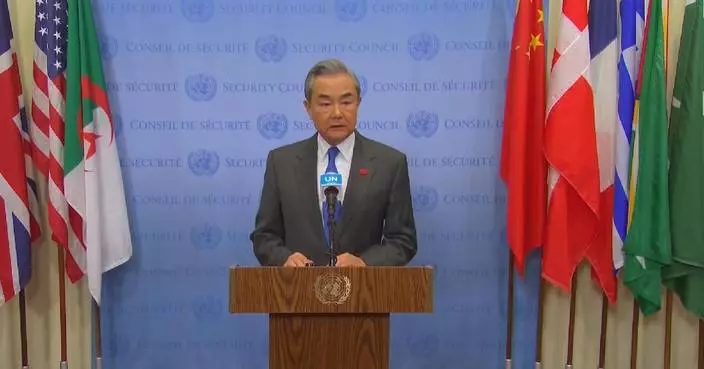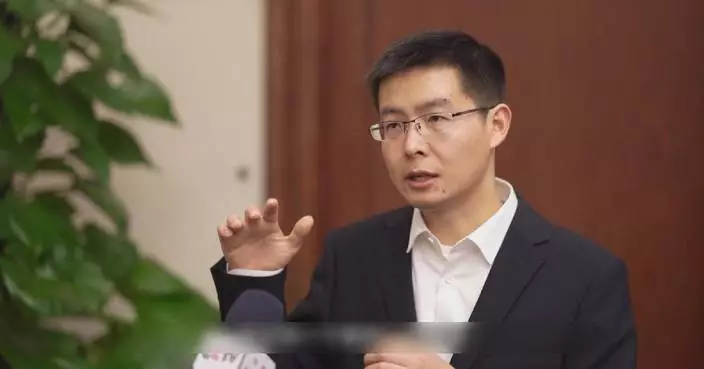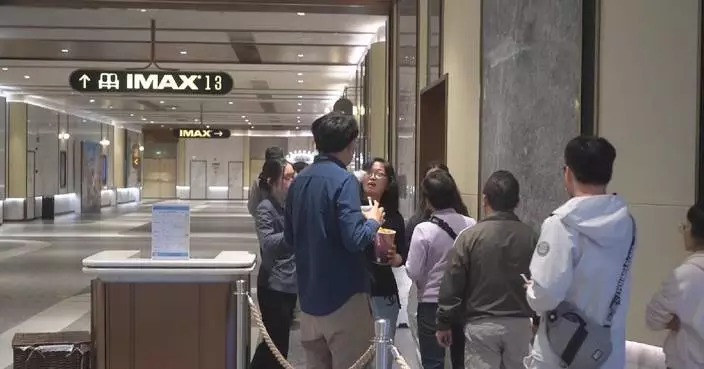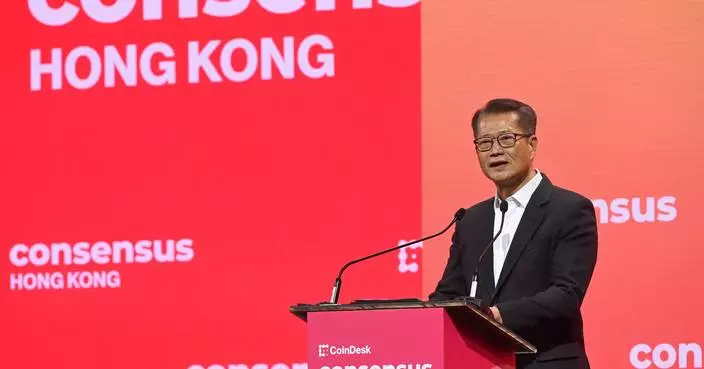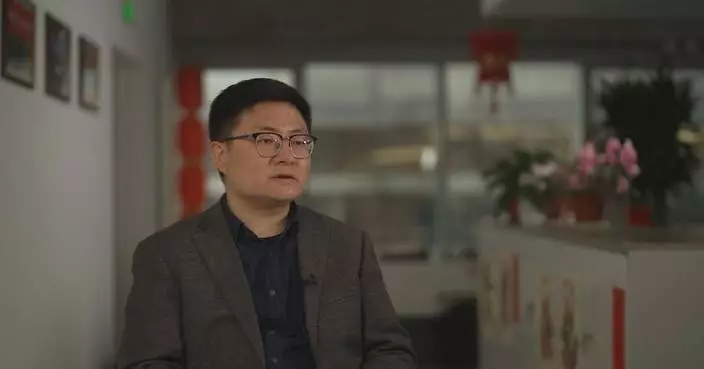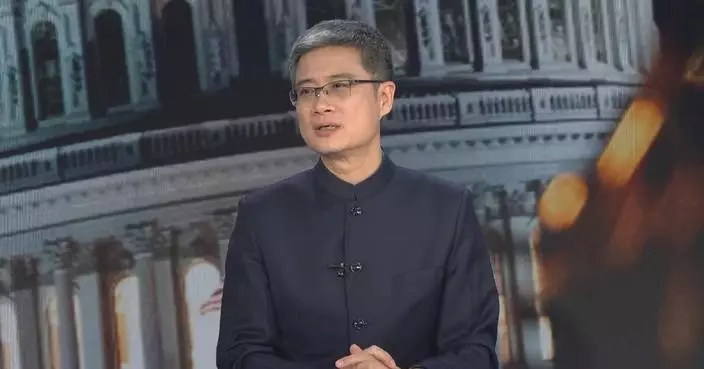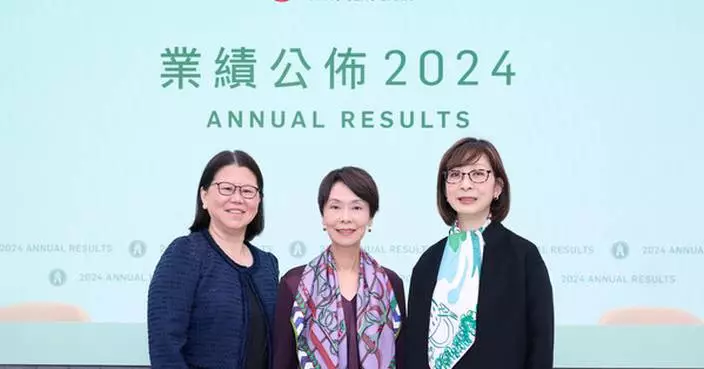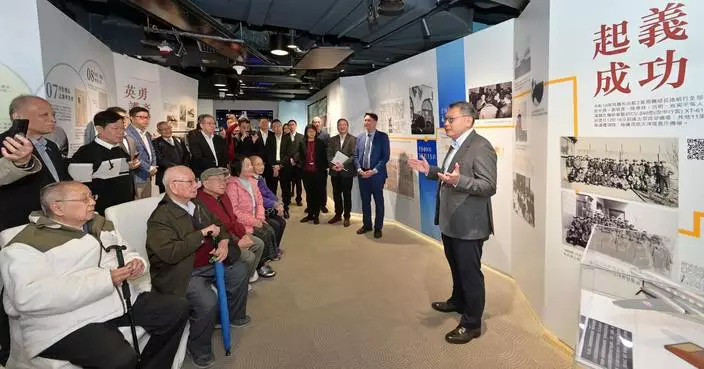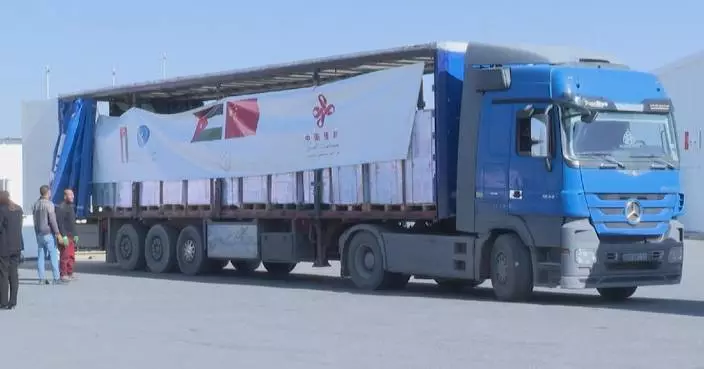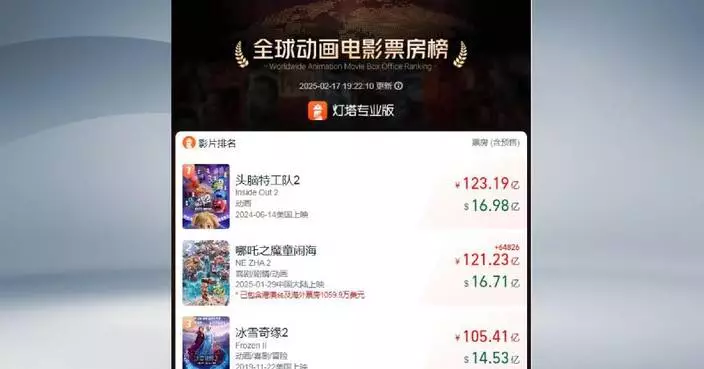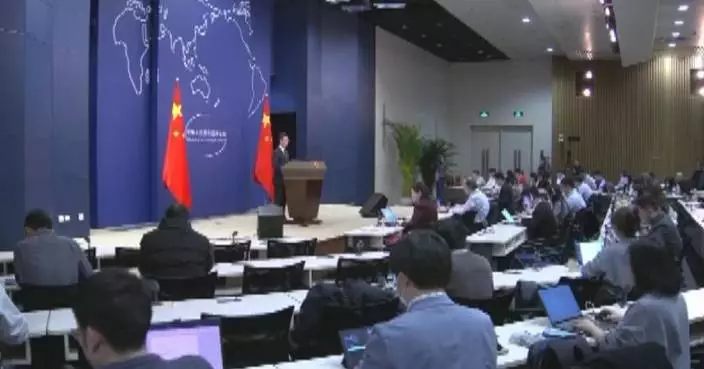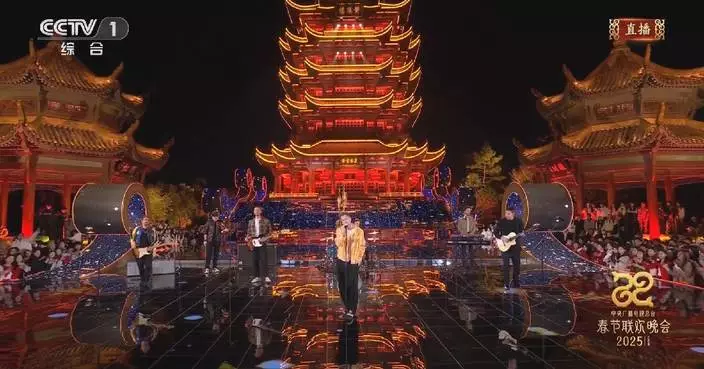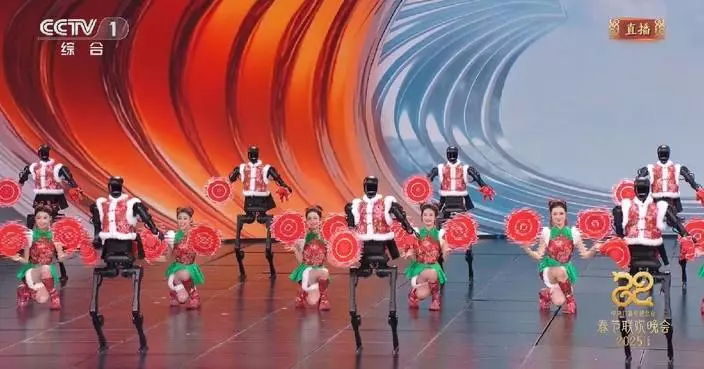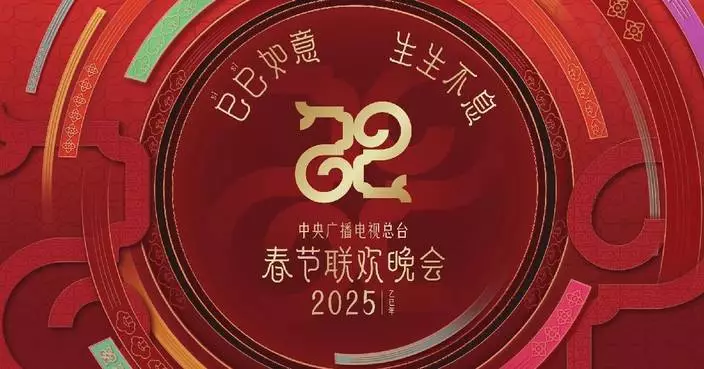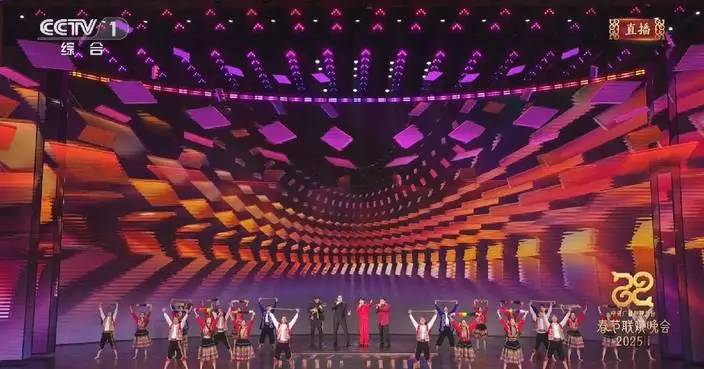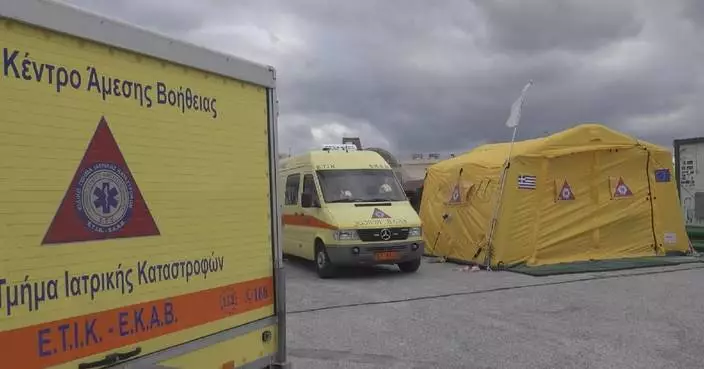The Chongqing Municipality in southwest China is at the forefront of modern governance of mega-cities in China, with its digital city operation and governance center as an important tool.
Chinese President Xi Jinping, also general secretary of Communist Party of China Central Committee, visited the center on Tuesday and learned about the city's efforts in enhancing the modernization of city governance.
"Today, I had the great honor of reporting to General Secretary Xi on the progress of Chongqing's digital city operation and governance center. General Secretary Xi has paid great attention to the governance of mega-cities. The modernization of city governance capabilities and systems is an important component of China's modernization," said Dai Xiaohong, director of the Chongqing Big Data Application and Development Bureau.
The digital city operation and governance center consists of one city center, 41 district and county (development zone) centers and 1,031 town and subdistrict centers.
"General Secretary Xi has asked us to explore new paths for the modernized governance of mega-cities. Therefore, our city operation and governance center serves as a crucial tool for Chongqing to explore new approaches to mega-city governance. Currently, we have established a three-tiered digital city operation and governance center with the aim of achieving integrated deployment. Horizontally, it involves the integration of relevant departments to enable effective coordination. Vertically, it facilitates connectivity from the city level, the district and county level and the town and subdistrict level, all the way down to the villages, communities and grids. This enables us to ensure seamless coordination and one-click dispatching throughout the entire system," said Luo Ying, head of the application and promotion department of the Chongqing Big Data Application and Development Bureau.
Serving as the "city brain," the center is a core system that enables the city-wide monitoring and warning, command and dispatch, decision support and event follow-up. It improves city operation and governance and makes the city smarter.
"The city operation and governance center enables more precise perception, assessment and identification of various risk points within our city. Even in the event of an emergency, multiple departments can come together in the three-tiered city operation and governance center to coordinate and command, thereby enhancing the efficiency of incident handling," said Xiao Lu, deputy director of the information and communication division of the Chongqing Fire and Rescue Brigade.
"Within our current digital application system, we have installed approximately 65,000 monitoring devices, covering nearly 12,000 geological hazard-prone areas. Our intelligent monitoring devices can promptly sense risks and issue warnings, and transmit information to our three-tiered governance center for timely expert consultation and assessment. The planning and natural resources bureau, the emergency meteorological department and other relevant departments can cooperate closely to respond to and handle any disaster and risk. This demonstrates their collaborative capabilities," said Li Shaorong, director of the geological exploration and management division of the Chongqing Planning and Natural Resources Bureau.
The center also gathers information on water resources, electricity, bridges and tunnels, therefore, boosting efficiency in public service delivery.
"As a city of bridges, Chongqing has over 2,700 bridges, including dozens of major bridges over various rivers. These bridges serve as the lifeline of our transportation system and are a key focus in our digitalization efforts. We aim to continuously enhance our digital governance capabilities and improve our modern management level and management methods," said Lin Hai, deputy director of the technology and information division at the Chongqing Urban Management Bureau.
The center is an embodiment of the city's innovative attempts to leverage advantages of digital technologies during their exploration of modern governance.
"In terms of serving the millions of residents in a mega-city like ours, we need to rely on technological support and data empowerment to enhance and transform the traditional concepts, methods and approaches of city operation and management," said Dai.
Officials said that they will firmly remember Xi's instructions as they continue their future endeavors.
"General Secretary Xi Jinping has asked officials to act with an unfailing sense of responsibility at all times. Therefore, our next focus will be on the most urgent and pressing aspects. For example, as Chongqing has entered the flood season and is a mountainous city, urban water-logging will be a key area of our attention," said Luo.
"The modernization of city governance capabilities is the direction of both development and endeavors. It requires continuous exploration, improvement, testing and enhancement through practices. This is to better serve all aspects of our mega-city and ensure the safe, stable and orderly work and life of our residents," said Dai.

Chongqing leads China's mega-city modern governance with digital city operation and governance center





